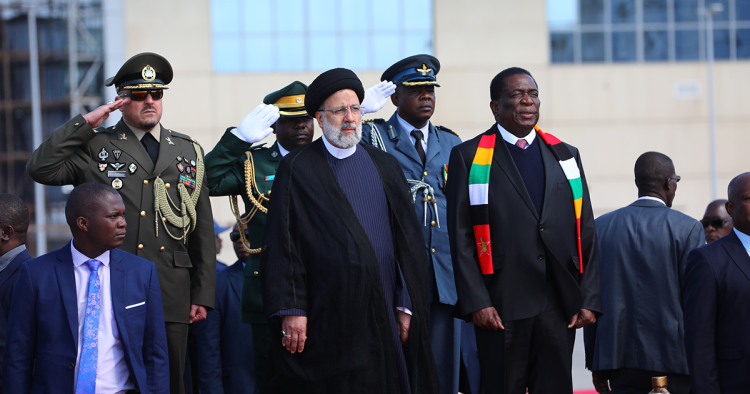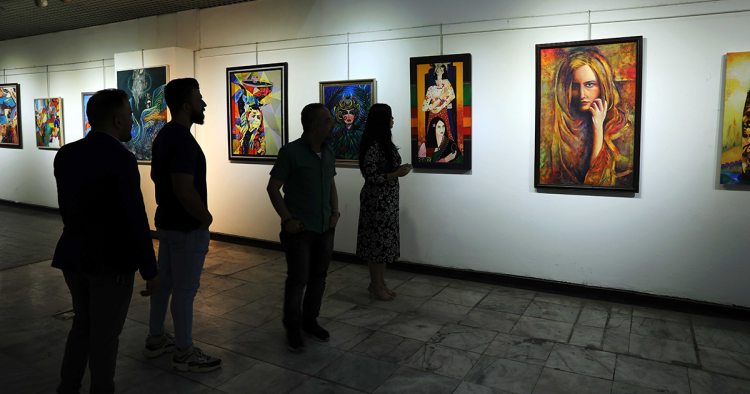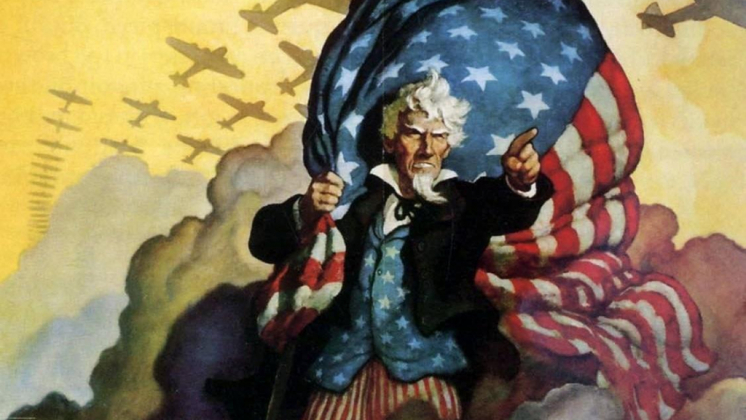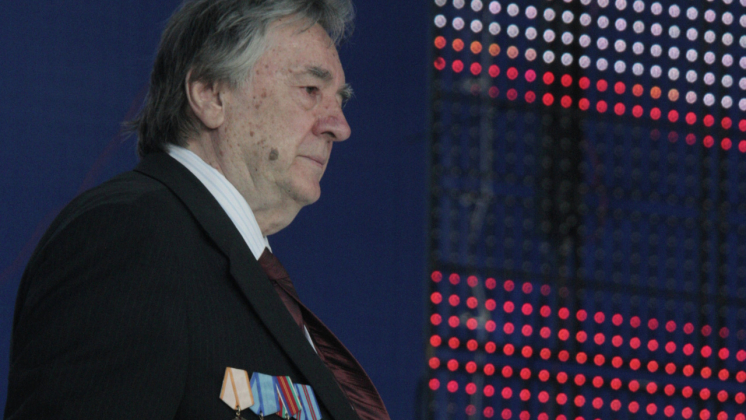Le succès massif de l’éradication de l’opium par les Taliban soulève des questions sur ce que faisaient vraiment les États-Unis (et l’OTAN) depuis le début

Avec le recul, on peut considérer que l’occupation de l’Afghanistan par les armées des USA/OTAN n’étaient rien d’autre qu’une nouvelle grande guerre de l’opium comme celles menées contre la Chine au 19ème siècle, ou celles de l’apprès Deuxième Guerre mondiale menées par la France dans le Triangle d’Or en Indochine, reprises plus tard par la CIA au Vietnam et au Laos. Les mêmes guerres, habillées différemment, et nous n’y voyons que du feu, même en la regardant se dérouler sous nos yeux.









